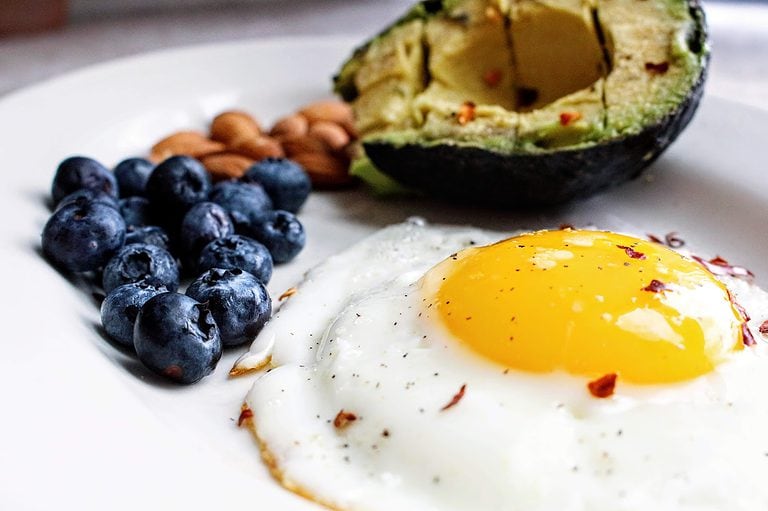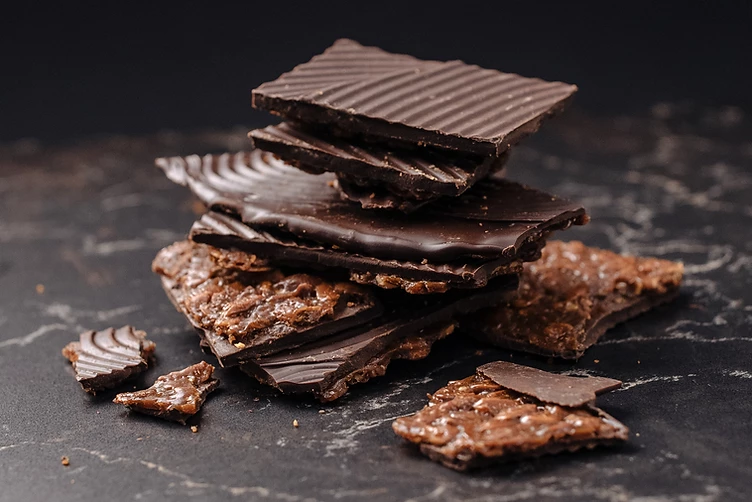It’s THAT time of the month… and it seems that not only is dealing with your period on your mind, but you seem to be spending more time in the bathroom in general. Ever wonder why your bowel habits seem to change around that time of the month?
In this blog, we get to the bottom (pun intended) of the reasons behind those mysterious bowel habit shifts during your menstrual cycle.

Hormones and Your Bowels
Female reproductive hormones (the chemical messengers of the body) such as oestrogen and progesterone play a major role in your menstrual cycle and can affect the way we feel. Some studies have shown that low levels of progesterone can affect bowel movements.
Prostaglandins (a compound that has hormone-like effects) are released during your cycle and triggers your uterus to contract. These are the guys that are responsible for cramps and much of the pain women experience with endometriosis. Read more about eating for endometriosis here.
Prostaglandins affects the smooth muscle found in the uterus and bowel, causing it to contract, resulting in more frequent bowel motions.
Which one are you?
- Hyper-pooper: this might be due to an increase in prostaglandins
- Insufficient pooper: this might be due to fewer prostaglandins being released.
Stress & Anxiety
Stress and anxiety can affect your bowel movements and given many women experience changes in mood around this time of the month, there is a definite link to bowel habits.
Studies have shown that people who are anxious have faster gut transit times (meaning things move through the gastrointestinal tract much faster), whilst individuals who feel depressed might have slower bowel movements, erring on the side of constipation. A perfect example of the gut-brain axis at work, the two-way relationship between your gut and your brain, which is continuing to receive more attention in the scientific literature.
Tips for the ‘insufficient-pooper’
1. Exercise
Keep you and your bowels moving! Moderate exercise such as going for a walk, jog or cycle can help accelerate your bowel movements and prevent constipation. Whilst it may feel like the last thing you want to do during the heaviest days of your cycle, exercise is an effective strategy to help manage cramping too, win-win!
2. Crowd your diet with fibre rich foods
During your period, you may experience cravings for fatty and high sugar foods and forget to incorporate those healthy vegetables and fruits. Due to the lack of fibre being consumed, your bowel movements can change causing constipation.
A quick and easy fix to this, is to ensure you are still meeting your 5 veggie servings and 2 fruit servings a day. If you find you’re having the runs, try to avoid gastrointestinal stimulants such as coffee, prunes or pear juice which can contribute to the runs. Some foods that are high in fibre include; pears, strawberries, avocado, artichokes, lentils, split peas, kidney beans, chickpeas and oats.
If your bowel movements are too frequent, you’ll want to focus on eating high soluble fibre foods to slow your gut transit time. Foods that are high in soluble fibre include; oats, rice bran, barley, apples, potatoes, peas and strawberries.
If you are struggling with Irritable Bowel Syndrome (IBS) symptoms, please seek a dietitian’s guidance to determine what foods may be triggering your symptoms.
3. Ensure you drink enough water
Hydration can also help to ensure healthy bowel movements during your menstruation.
4. De-stress
We all have busy lives; however, it is important to look after ourselves. During menstruation, if you find your bowels are too irregular to the point where it is affecting your life, try engaging in a de-stressing activity. This might look different for you than it does to your friend or partner. Some activities to consider are; a walk in the park, seeing a friend, watching a movie, reading a book, trying out that new yoga class you’ve been talking about all year or baking up a storm.
Tips for the ‘Hyper-pooper’
1. Exercise
Whilst it may feel like the last thing you want to do during the heaviest days of your cycle, exercise is an effective strategy to help manage those cramps. A walk, yoga, pilates or a slow jog can help ease those period cramps.
2. Crowd your diet with foods to reduce those nasty prostaglandins
During your period, women often get cravings for fatty and high sugar foods whilst forgetting to incorporate those healthy vegetables and fruits.
Reduce your intake of saturated fats and trans fats. These fats are found in animal products, namely cheese, deep-fried foods, cakes, biscuits and pastries, red meat and butter. These fats contribute to the formation of the pro-inflammatory prostaglandins contributing to those pains and loose bowel motions too.
Rather try to incorporate healthier fats by using extra virgin olive oil in your cooking, consuming oily fish on the regular and also try incorporating flaxseeds, chia seeds and walnuts too.
Increasing your intake of omega-3 fats increases the production of the anti-inflammatory type of prostaglandins and help slow your bowel motions down.
Don’t eat fish? Chat to your dietitian about an omega-3 supplement that works for you!
You may need to avoid your daily cup of coffee to prevent any further loose bowel motions as this can have a laxative-type of effect for many women which may be enhanced during your cycle.
If you are struggling with Irritable Bowel Syndrome (IBS) symptoms, please seek a dietitian’s guidance to determine what foods may be triggering your symptoms.
3. Ensure you drink enough water
Hydration can also help to ensure healthy bowel movements during your cycle.
4. De-stress
We all have busy lives, however it is important to look after ourselves. If you find your bowels are irregular during your menstruation to the point where it is affecting your life, try engaging in a de-stressing activity. This might look different for you than it does to your friend or partner. Some activities to consider are; a walk in the park, seeing a friend, watching a movie, reading a book, trying out that new yoga class you’ve been talking about all year or baking new recipes.

If your bowel symptoms, menstrual cycle pain or associated bowel motions are causing problems for you, get in touch with me to make an appointment. You can now book online for virtual appointments.
This blog was co-written by first year Masters of Nutrition and Dietetics student, Taryn Geller, from the University of Sydney.
References







